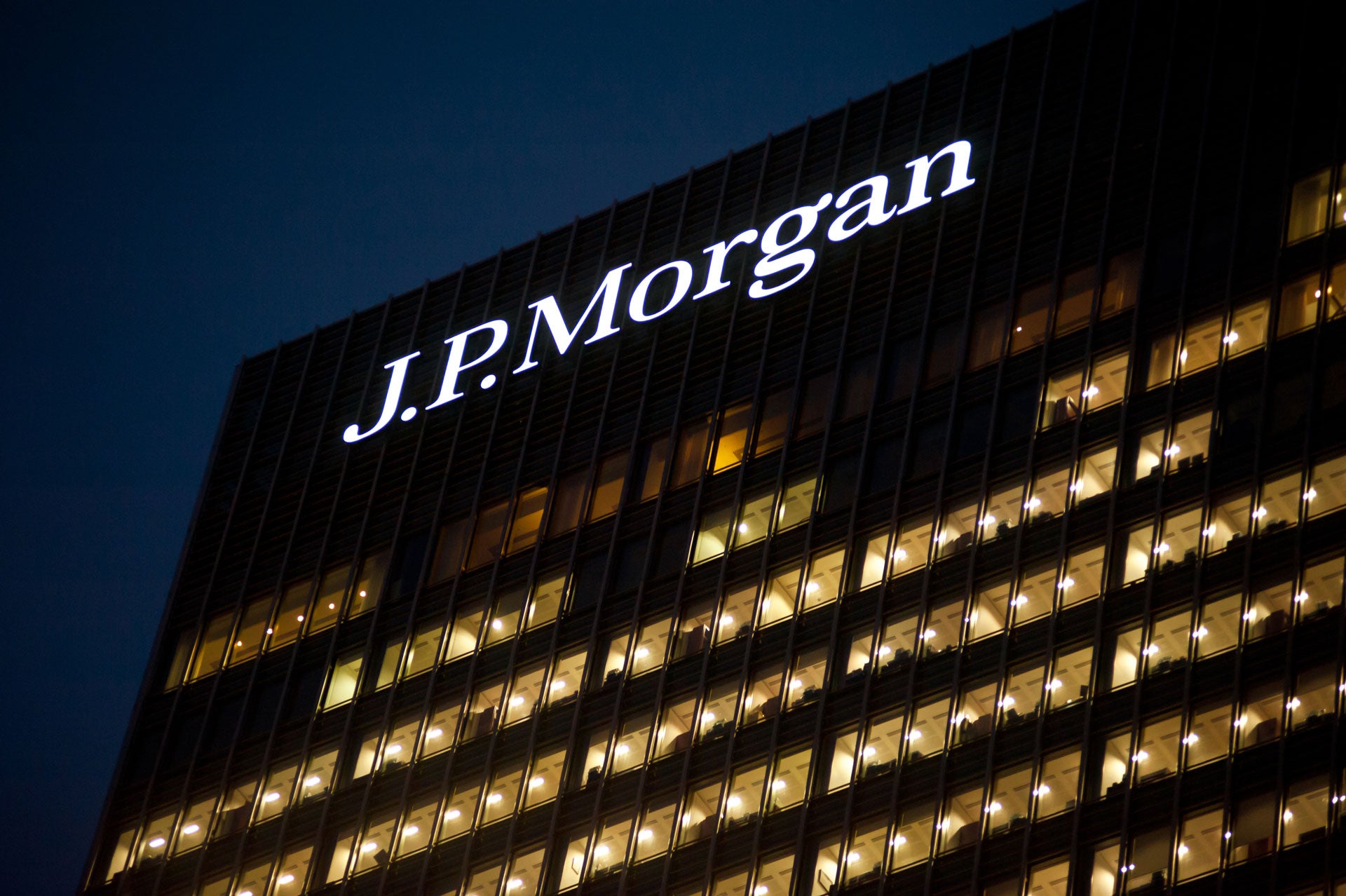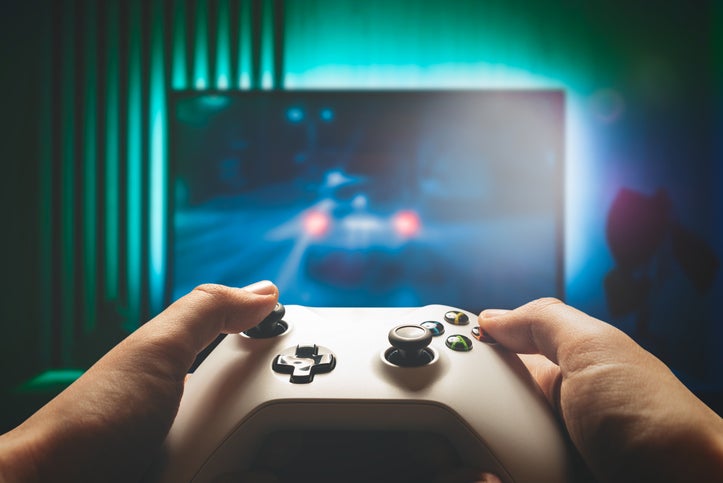
If the Covid-19 outbreak continues and lockdowns in the US and rest of the world become stricter and last longer a recession will follow. This could force JP Morgan to suspend its dividend for the first time in its history.
The bank is considering suspending its dividend payment to shareholders during an extremely bad scenario. The US economy could contract by 35% in the second quarter and unemployment could rise to 14%.
This comes after the European Central Bank and the Bank of England instructed lenders to cancel share buybacks and dividend payments. By doing so, banks will have stronger cash liquidity and will be able to lend more money to businesses struck by the coronavirus outbreak.
However, US-based banks such as Citi Group, Goldman Sachs and Morgan Stanley are reluctant to cancel their dividend payments. They characterize the action as “a very poor thing to do”, due to the fact that their dividends make up a very small part of capital return for the US banks when compared to their European competitors.
Suspension of dividends would test the relationship between the bank and its investors
JP Morgan pays dividends to investors every three months with an average price of $3 and an average yield of 4%. This means investors’ cash flows increase based on the amounts of shares they own in the bank. With JP Morgan suspending dividends, this places investors’ revenue streams on hold, jeopardizing their trust.
The loss of confidence in JP Morgan could encourage investors to sell their positions and force them to buy shares from competitors such as Morgan Stanley and Goldman Sachs, weakening JP Morgan’s share price in the long-run.
How well do you really know your competitors?
Access the most comprehensive Company Profiles on the market, powered by GlobalData. Save hours of research. Gain competitive edge.

Thank you!
Your download email will arrive shortly
Not ready to buy yet? Download a free sample
We are confident about the unique quality of our Company Profiles. However, we want you to make the most beneficial decision for your business, so we offer a free sample that you can download by submitting the below form
By GlobalDataDue to the Covid-19 outbreak and the importance of raising capital to help borrowers cope with liquidity issues, the suspension of dividends could be seen as sign of strength from investors making them more than willing to support the JP Morgan’s action and strengthen their positions by buying more shares.
However, suspending dividends and share buybacks may not be enough during a time where banks struggle to produce revenues.
Dividend and share buyback suspension will not be enough if the Covid-19 outbreak continues
Mergers and Acquisitions alongside with IPO lunches have decreased dramatically in 2020, reducing JP Morgan’s profits somewhat when compared with 2019. Thus, suspending dividends and share buybacks could be an effective plan, aiding the bank with cash liquidity issues; however, it will not be enough if the Covid-19 outbreak continues.
The chances of businesses defaulting will increase dramatically, which will increase loans’ requests and the probability of defaults on these loans. Thus, JP Morgan will face greater issues than dissatisfied investors, which in the long-term, could force the US government to take further action and secure the livelihood of JP Morgan and its peers.







Related Company Profiles
The Goldman Sachs Group Inc
JPMorgan Chase & Co
Citigroup Inc
Morgan Stanley